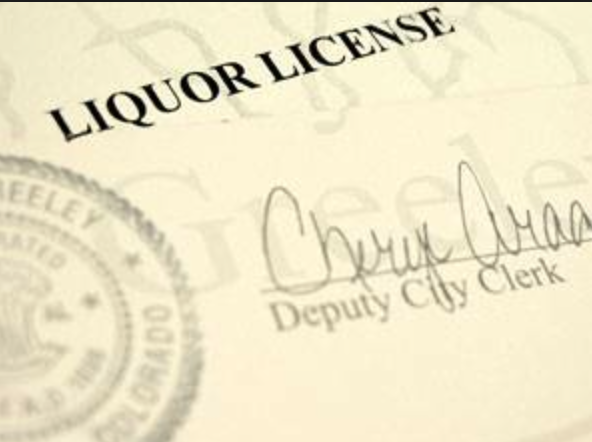


Under this license type, only packaged sales of beer and wine are permitted. This type of liquor license allows small restaurants to sell beer and wine in sealed containers. The 2COP license allows you to sell beer and wine for consumption on premise. If you’re a small restaurant, such as a sandwich shop, and you’re looking to sell beer and wine for on-premise consumption, you may want to consider the 2COP liquor license.A 1COP license permits its license holder the ability to sell beer only.The Consumption-on-Premise (COP) license permits the sale and consumption of alcohol dependent on the type of alcoholic beverage and by package. Each alcohol license type will be explained in detail. There are four main types of liquor licenses available in the state of Florida. Liquor license requirements are determined by the license type in question. Whether it’s liquor, beer, or wine, in order to sell alcohol in Florida, you will first need to apply for a license from Florida’s Division of Alcoholic Beverages and Tobacco Bureau of Licensing.

Here is your essential guide to getting a liquor license in the Sunshine State. This can make the application process pretty complicated (not to mention quite costly ). There are several Florida liquor license types available, each with a different requirement. Regardless of the reason, obtaining a liquor license for your restaurant can dramatically increase its profits.īefore your restaurant’s bar is set up, you’ll need a liquor license, and liquor license laws vary by state. If you’re considering adding liquor to your restaurant’s menu, you’ll need a liquor license.


 0 kommentar(er)
0 kommentar(er)
